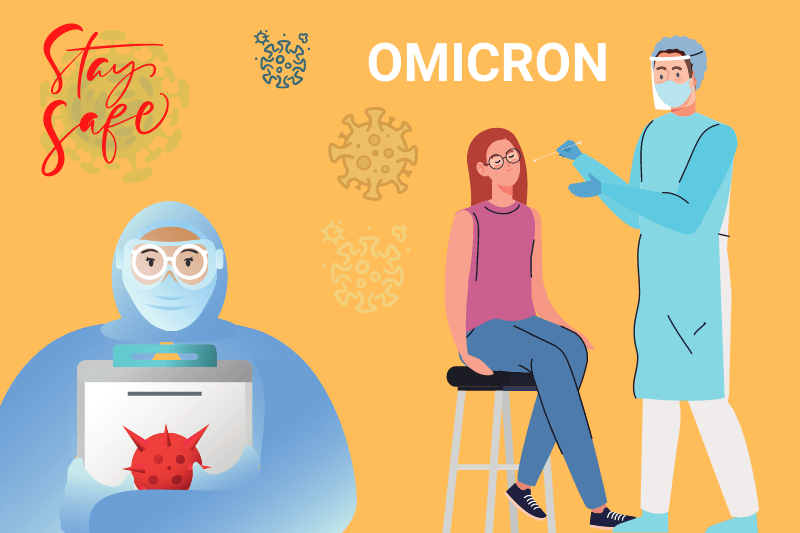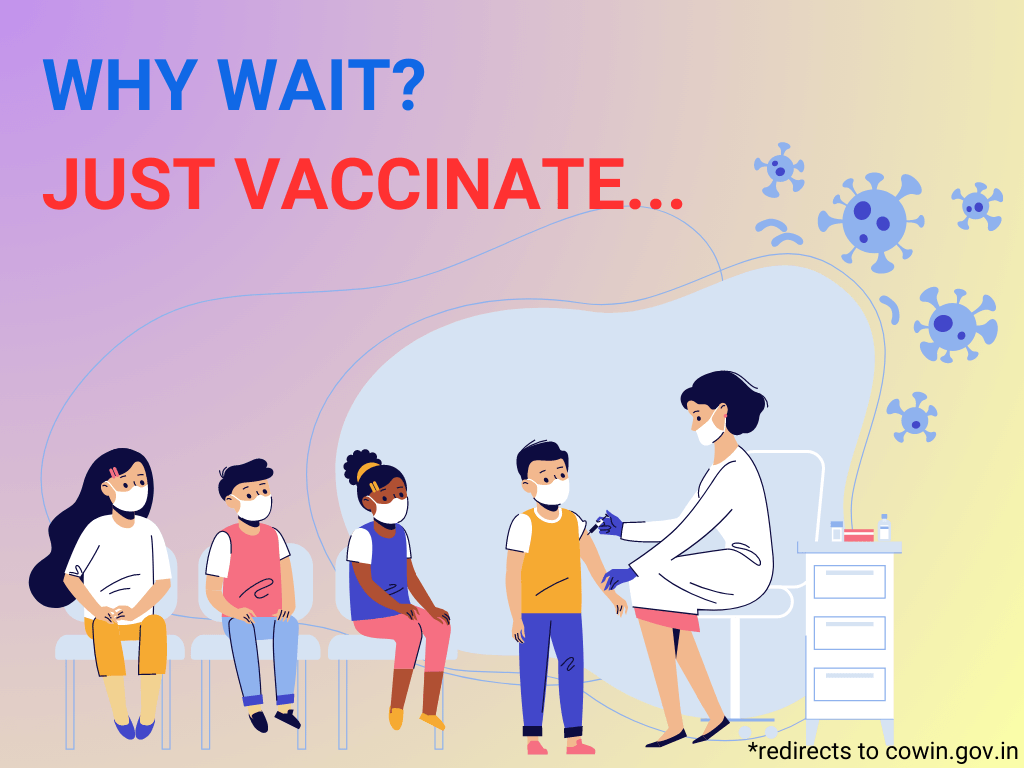And again, a new COVID Strain is here...
Scientists are investigating Omicron, a new COVID-19 variant. Southern Africa was the first place where the new COVID-19 strain was detected. The World Health Organization (WHO) named the variant B.1.1.529 Omicron on November 26, 2021. According to preliminary researches, the new strain may reinfect those who have already been affected by COVID-19. Scientists around the world are working hard to learn more about the newly discovered COVID-19 virus strain.
The decision to investigate Omicron as a variant of concern is based on evidence that suggested that the new variant has few mutations that could impact its spread, the illness it may cause, and the effectiveness of existing vaccines. Early data shows the increased rate of hospitalization among patients. However, there is no proof that the infection with Omicron caused an increase in the need for hospital treatment.
Symptoms of the Omicron Variant
It’s too early to say for sure if the Omicron strain exhibits different symptoms. According to the doctors in South Africa who treated patients with Omicron, the symptoms of Omicron are exhaustion, body aches, and moderate headaches. It can also lead to critical illness and even death for clinically vulnerable patients.
According to the NHS, the following are the primary symptoms of COVID-19:
- High temperature – when you touch your chest or back, it feels hot.
- Persistent cough – this implies coughing excessively for more than an hour. (If you usually have a cough, it may be worse than usual)
- Loss of smell or taste.
As per the reports from NHS, most people suffering from COVID-19 or its variants may have one or all of the above symptoms.
What is the rate of Omicron's spread?
The quick rise of Omicron in South Africa is what researchers are most concerned about. Based on the reports, the mutation could cause a surge in COVID-19 cases worldwide. South Africa has already recorded 8,561 omicron cases on December 1. As per the recent reports from Indian Express, a total of 9,981 Omicron cases have been detected so far across the country, dated January 18, 2022.
Will vaccines against the Omicron strain still be effective?
Omicron’s threat has prompted some wealthy nations, like the United Kingdom, to speed up and increase the distribution of COVID vaccination booster doses. However, it is unclear how successful these doses will be in combating this variant. Pfizer, Moderna, and Oxford/AstraZeneca officials have responded to the new variant. Pfizer and BioNTech have been investigating new strains and have announced that they are working on revised versions of the Pfizer-BioNTech COVID-19 vaccine to target specific variants.
How are we tracking the Omicron's spread?
WHO will monitor and follow the spread of B.1.1.529 around the world. They also planned to conduct assessments of the variant properties. It also means that WHO member countries will:
- Enhance work and efforts to provide a meaningful representation of circulating variants and make the data public.
- Conduct field research to further understand the properties of B.1.1.529.
- Investigate the new variant in the lab to learn more about it.
Read through our blogs to know about the COVID-19 variants and gain more insights from the experts to stay safe during the hard times.
Stay Safe, Stay Responsible.











































































So informative…!!…
Omicron will definitely become an endemic
This COVID variant is the most dangerous one among them all. The only thing we can do is to stay inside our home and wear masks…
Insightful
It is more transmissible than the previous variants that alone makes it harder to deal with
Very informative and insightful!!!
This information is so helpful. We should just stay inside and wear masks.
Profound and informative!!
Waoo it’s totally amazing ?
Very informative
Insightful
Very helpful. Stay safe everyone ??
♥️♥️♥️
Informative ☠️
Profound.
Informative and well written….